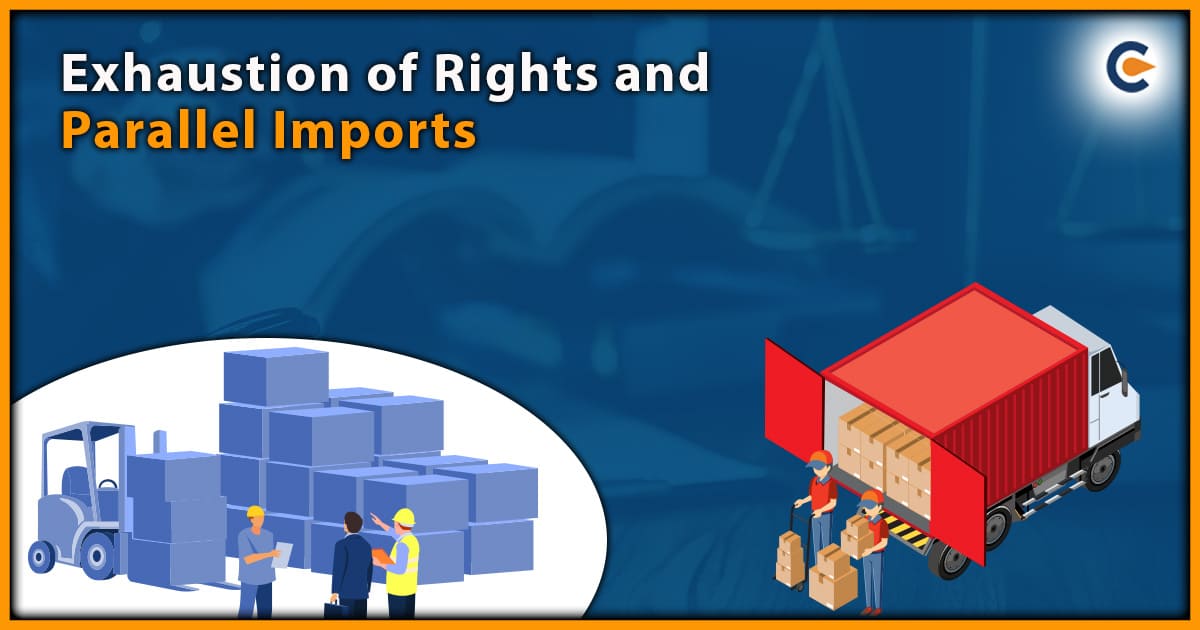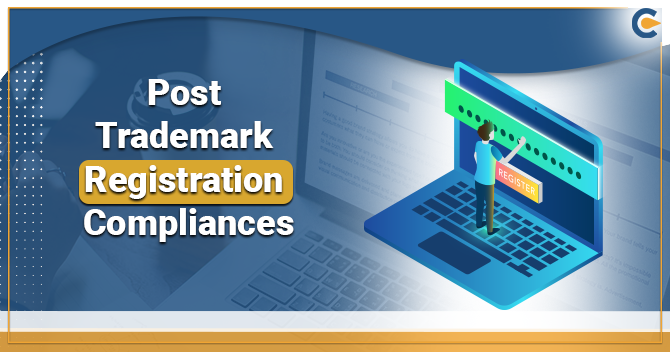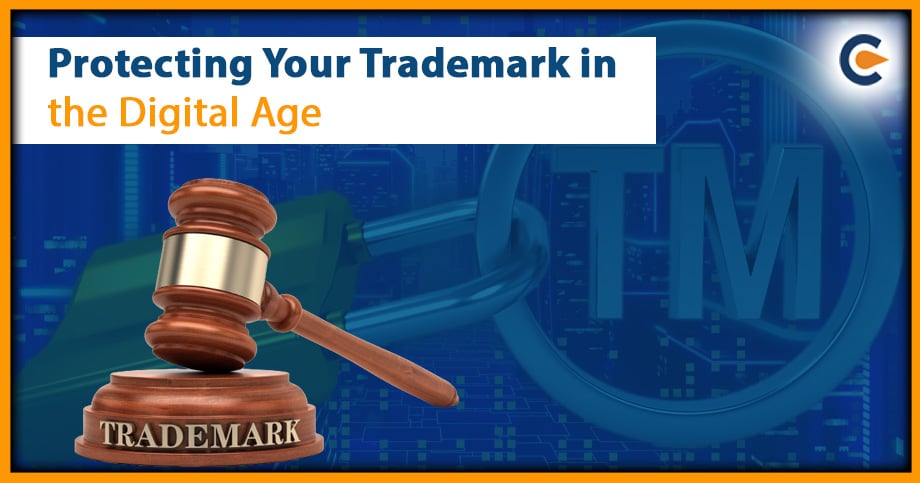The current era of globalization has led to an abundance of “parallel import” products flooding markets around the world. Parallel importation refers to the importation of genuine products, not counterfeit products, into a country without the permission of the owner of the intellectual property rights (IPRs) for those products. Even though these products are lawful, they are usually sold through unconventional distribution channels by entities that may not be associated with the manufacturer of the products. This type of importation poses a risk of competition among producers who market their products based on the differential pricing principle. Importers can purchase products from one country’s market at a lower cost and sell them in another country at a lower price than what is currently available in that country. It raises concerns about trademark owners’ rights. The concept of parallel imports is founded on the principle of exhaustion, whereby the exclusive importation rights of the trademark holder are depleted once the product is legally introduced into the market and bought by consumers. The principle assumes that no owner can benefit twice from the same product. However, different nations have interpreted this principle in various ways, and these interpretations have significantly impacted the policies of different countries when it comes to parallel imports.
What Are Parallel Imports?
Parallel importation is the term used to describe the legitimate sale and export of goods, which are then sold at lower prices through unauthorized trade channels in the same or different markets. Although these products are genuine and acquired legally from the rights holder, they are not authorized for import into the target market. The trade practice of parallel importation is regulated under both intellectual property (IP) law and competition law. In the context of trademark law, parallel importation significantly affects the rights of a manufacturer or trader, as trademarks help traders to earn goodwill in the market and to protect their commercial reputation.
Trademarks serve as a means of identifying the origin of the trademarked goods or services.
A conflict arises when parallel importation misrepresents the trademarked goods’ source, reputation, or quality.
Parallel imports are also known as “grey-market” goods because they are sold through unauthorized trade channels, even though they are genuine products. The import of non-counterfeit or genuine goods from one country to another without the permission of the IP owner constitutes parallel imports. The imported products are often referred to as grey products, not black ones, as they are genuine. Parallel import cases are intimately linked to concerns regarding trademarks, copyrights, and the global trade market. For example, people may import goods such as books or mobile phones with trademarks and copyrights. These imports can cause conflicts over IP rights and competition laws, as well as issues surrounding the authenticity and quality of the products.
What Is The Doctrine Of Exhaustion?
The doctrine of exhaustion in intellectual property law states that once an intellectual property rights holder sells a product to which their rights are attached in a particular jurisdiction, they must allow the resale of that product in that jurisdiction. The rights holder’s control over the product is said to be ‘exhausted’ by the first sale. There exist two forms of exhaustion policies: national and international.
The doctrine of exhaustion is an important principle that aims to balance the interests of rights holders and consumers. It enables consumers to use and sell lawfully acquired products without infringing on the rights holder’s IPRs. Simultaneously, it allows rights holders to safeguard by preventing the import of goods that violate their Intellectual Property Rights (IPRs).
Overall, the doctrine of exhaustion is a crucial component of intellectual property law that seeks to promote innovation while also protecting consumers’ rights.
- National Exhaustion: National exhaustion refers to the principle that the trademark rights of a brand owner are considered to be depleted for a specific country or region once the goods on which the trademark is used have been introduced into that market by the owner or with the owner’s permission. Nevertheless, this exhaustion principle does not apply to other markets or areas, giving the owner the power to enforce their trademark rights and prohibit the sale of unauthorized goods in those regions. In simpler terms, once the trademarked goods are sold in a particular market, the owner’s trademark rights are considered used up for that market. Still, the owner retains the right to prevent the sale of counterfeit goods in other markets. This principle is crucial in maintaining the value and integrity of trademarks while also protecting the rights of consumers and trademark owners.
- International Exhaustion: International exhaustion is a legal principle that states that once goods bearing a trademark have been sold anywhere in the world by the owner or with their permission, the owner’s rights to that trademark are exhausted worldwide. The principle of international exhaustion differs from national exhaustion, which some countries observe, where the owner’s rights are exhausted only within the jurisdiction where the product was first sold. Depending on the country’s legal system, a trademark owner must decide on their protection strategy. In jurisdictions where international exhaustion applies, the owner must be aware that their trademark rights may be exhausted across the globe. On the other hand, in jurisdictions where national exhaustion applies, the owner’s rights are only exhausted within that particular jurisdiction.
Rights of the IP Owner
Parallel importation[1], also known as “grey area,” is a complex issue that doesn’t have a straightforward solution. It involves goods that are produced under a trademark, patent, or copyright in one country and then imported into another country without the permission of the intellectual property rights holder.
Parallel importers usually buy products in one country at a lower cost than the price they sell in another country.
After purchasing the products from trademark owners or their authorized personnel in one country, they are imported into another country and sold at a price that usually falls between the average price of the two countries.
However, the regulation of parallel importation varies across different jurisdictions, and there needs to be more consistency in the laws governing it between countries.
Neither the Berne Convention nor the Paris Convention explicitly prohibits parallel importation, and this has led to differing opinions on the legality of this practice. Overall, it is a complex issue with economic benefits and legal implications that require careful consideration and balancing interests.
Ramifications of Parallel Importation
Parallel importation has both legal and economic ramifications. From an economic perspective, parallel importation fosters the accessibility of trademarked merchandise at varied costs, thereby averting the formation of a monopoly in trade.
A monopolistic approach in a parallel import-free market would give rise to inflated prices of the goods sold by the trademark owner or authorized dealer. If affordable substitutes were not available, customers would be compelled to procure goods at a cost determined by the monopolistic entity. The same could harm the overall market, supply, and demand.
Legally, it is vital to prevent deception and confusion among consumers regarding the source or quality of products and protect trademark owners’ economic interests.
If the parallel imported products differ significantly from the ones sold directly, trademark owners can take legal action for passing off, falsification, and infringement.
Parallel importation has both positive and negative impacts. It benefits consumers by keeping prices in check and providing them access to lower-quality goods. It also promotes free trade by preventing trademark owners from dividing markets subject to the exhaustion doctrine applicable in a particular country. However, parallel imports can restrict the brand owner’s distribution arrangements and ability to monitor the quality of goods sold under their trademark. They can also be used to exploit the reputation and goodwill of the brand owner, leading to legal action for passing off.
While lower prices may benefit consumers, parallel imports do not always guarantee quality assurance or after-sales service. They may lead to consumer dissatisfaction and harm the reputation and goodwill of the trademark. However, the consumer ultimately has the final choice and benefits from parallel imports. Most consumers tend to buy branded products only from authorized dealers and exercise caution while purchasing from unlicensed sources. Similarly, in the case of pharmaceuticals, consumers typically prefer to buy from trusted distributors or pharmacies.
Dealing with Parallel Importation
The decision on whether to allow parallel importation involves a trade-off between quality control and price control, the economic rights of trademark owners and consumer access, and trade monopolies and free trade. Trademark owners still have the right to take legal action for trademark infringement, passing off, or falsifying their marks, even if parallel importation is allowed. The primary purpose of trademarks is to safeguard brand integrity and prevent trademark owners from losing market share and distorting competition. Parallel imports, branded products imported from other countries, strongly deter counterfeiting. While parallel importation may appear to be beneficial in the short term for developing economies, it may harm their long-term economic interests and endanger their welfare. The World Trade Organization (WTO) has not mandated any rules on parallel importation. Instead, it has left it up to member countries to create legislation based on specific circumstances. It is recommended to analyze the geographical area, population mindset, and state of the economy before making a final decision on parallel importation. Some countries or regions have chosen to make the exhaustion regime contingent on trade policy considerations, aligning with the fundamental principles of intellectual property rights (IPRs).
Law in India
The idea of parallel importation in India is closely linked to the exhaustion of rights principle established in the Trademarks Act of 1999. This principle is outlined in Article 6 of the TRIPs agreement, which specifies that it does not address the issue of intellectual property rights exhaustion. As a result, each country is free to either allow or prohibit parallel imports within its legal framework.
Two significant issues related to parallel importation and trademarks are frequently discussed in India. Firstly, whether parallel importation is a violation under Section 29 of the Trademarks Act, and secondly, whether India recognizes the international exhaustion of rights principle under Section 30 of the same act. Section 30 outlines the limits on the impact of a registered trademark. Two new clauses were introduced under this section: sub-clauses 3 and 4. Sub-clause 3 prevents trademark owners from prohibiting the sale of goods in any geographical area based on their trademark rights after someone else lawfully acquires three goods under the same trademark. However, Subsection 4 states that Subsection 3 does not apply when the condition of the goods is altered or impaired after they have been introduced into the market.
Recent amendments to the Trademarks Act give registered trademark owners the authority to oppose further transactions if legitimate reasons exist. These new provisions, specifically subclauses 3 and 4 of Section 30, acknowledge the exhaustion of the principle of the rights for trademark owners.
Initially, it may appear that the Indian Trademarks Act 1999 only recognizes domestic exhaustion based on a superficial interpretation of subclauses 3 and 4 of Section 30. However, the case of Kapil Wadhwa v Samsung Electronics raised the question of whether the act embodies the principle of international exhaustion or national exhaustion when a registered trademark owner introduces goods under their registered trademark into the market. The first plaintiff in the case was Samsung Electronics Company Limited, Korea. The second was its Indian subsidiary and exclusive licensee in India, with seven registrations for the mark “SAMSUNG” in classes 7, 9, and 11.
Conclusion
Parallel importation is the practice of buying products from one country and selling them in another without the original manufacturer’s permission. It can have economic benefits by providing consumers with more choices and preventing monopolies, but it can also pose challenges for manufacturers in controlling product quality and protecting trademarks. Legally, it is essential to ensure that customers are not deceived and that trademark owners can safeguard their interests. The government should intervene to balance the interests of consumers and patent holders and prevent any harm. Parallel importation is not illegal, as the doctrine of exhaustion gives purchasers the right to freely use and resell products once the IP owner has sold them.
Read Our Article: Why It’s A Good Idea To Get Trademark Registration In The US?











